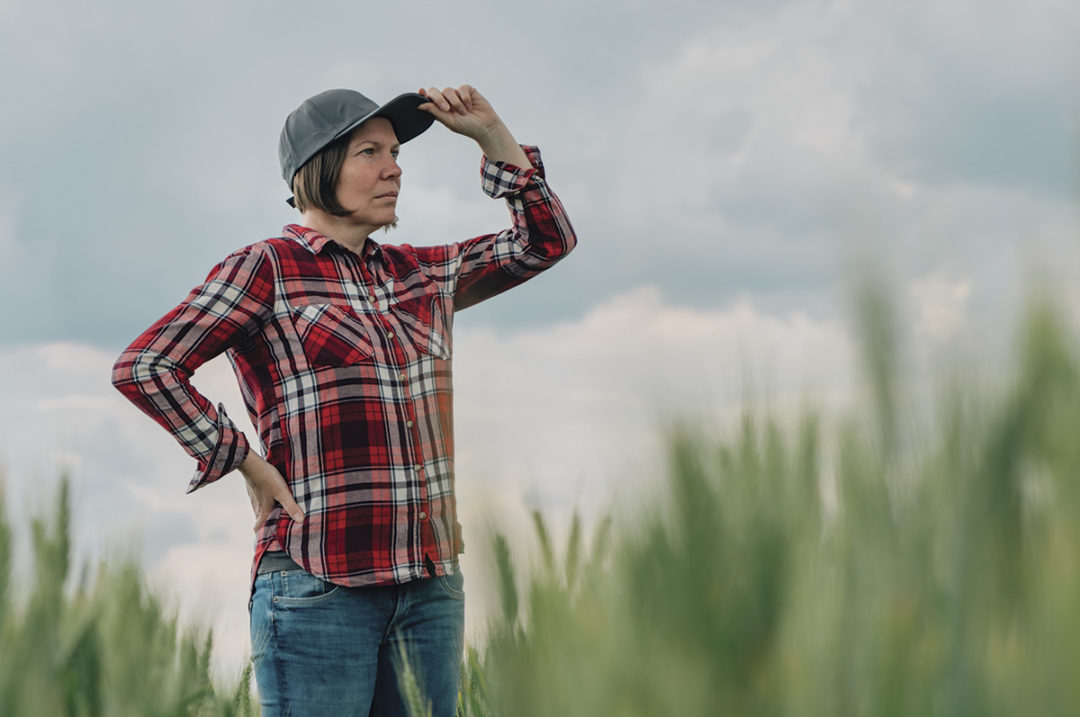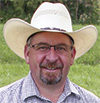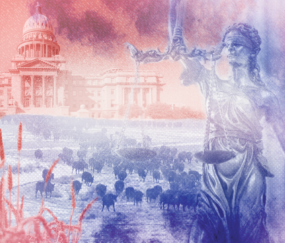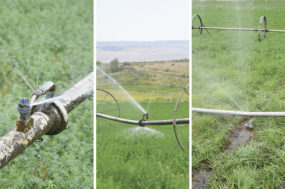The demands of life and the dynamics of society are increasing the mental and emotional strain on many of us. This is true in all walks of life, including Idaho’s rural agriculture communities. Unfortunately, fewer resources are available in rural areas, and the stigma existing around mental health deters those needing help from admitting and seeking it. The University of Idaho Extension has formed partnerships with the Idaho State Department of Agriculture (ISDA), the Western Region Agricultural Stress Assistance Program (WRASAP) and Everyday Democracy to address this issue.
We are in the process of identifying 17 rural communities in Idaho to host meetings discussing farm stress, mental health and suicide prevention. These are tough topics that many people don’t want to think about, let alone discuss with a group of their peers. This is where Everyday Democracy comes in.
When first forming the farm stress management team with University of Idaho Extension, we struggled to understand Everyday Democracy. Our knowledge of farm stress didn’t seem to fit with our perceptions of the words "everyday" and "democracy." Knowing the history of this organization helped us understand the purpose of using Everyday Democracy to help with farm stress.
Everyday Democracy is a support organization that helps bring diverse groups of people together to discuss their ideas. The goal is to facilitate community dialogue on challenging topics through discussion based on respect, regardless of attitudes or opinions. Everyday Democracy started in 1989 as the Study Circles Resource Center. In the early years, the goal was to develop better public dialogue, drawing on the ways people talk in their everyday lives. Much of the work Everyday Democracy does involves racial equality in public discourse, but their approach allows for open, positive communication on many sensitive issues. Everyday Democracy’s ultimate goal is to create positive community change for all. The problems to address and the solutions needed are up to the individual community.
This fall, a series of discussion sessions will be hosted in 17 rural Idaho communities. These will be in areas interested in seeking better ways to address mental health and suicide in their communities. Meetings will be held to talk about and identify critical community needs. Participants will include political and community leaders, concerned citizens, local mental health professionals and any other people willing and able to be involved. One of the goals will surely be to create more open dialogue regarding mental health issues. Beyond that, it will be up to the community to decide what specific issues need to be addressed.
We plan to host a minimum of four group sessions in each community. The first session will focus on connecting community members. Participants may be acquainted with one another, but this familiarity may only be on a superficial level. A surface-level connection will not be adequate as openness and respect requires trust among participants. The second meeting will tackle identifying challenges facing the community as it relates to mental health. The third session will target action options. It will be centered on a question like, “How can we build on community strengths and address problems that may be present?” The fourth meeting will set priorities for actions to support the mental health needs of a thriving community. More sessions may be needed depending on community goals and issues.
Obviously, the type of change necessary will not come overnight. Our hope is to help communities lay the groundwork for better mental health. Everyday Democracy provides the framework to make that happen.
We believe the worth of an individual is far more important than any of the tasks we are currently engaged in. The change starts when we become aware of our own needs, take action and then help others.
If you feel your community could benefit from this type of effort, or for other inquiries, reach out to Talje Hoene by email. Other resources and contact information are available at the Farm Stress Management – University of Idaho Extension website.



.jpg?height=auto&t=1713304395&width=285)


